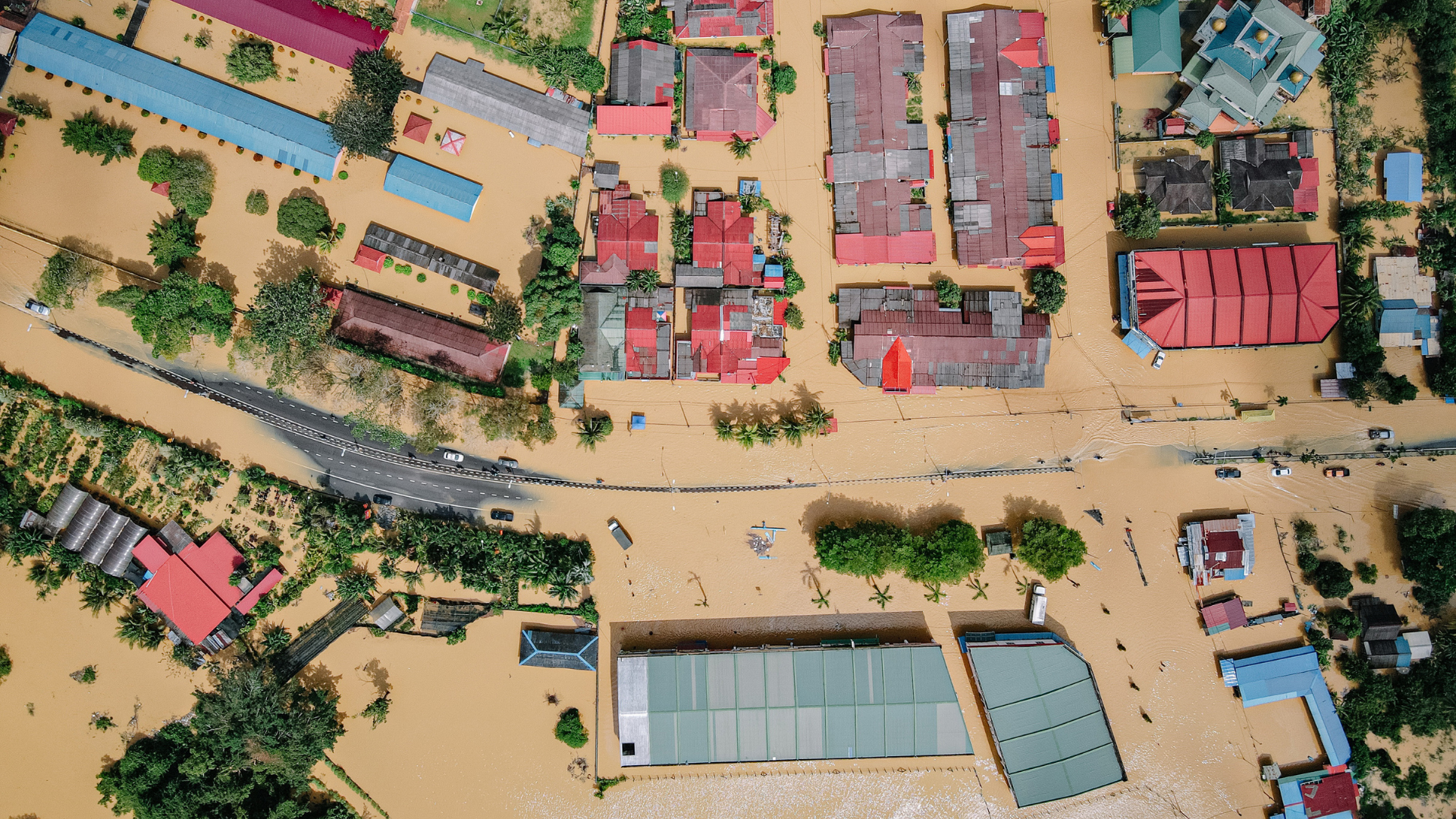
From Climate Change to Conflict: Migration through Insurance?
We want to investigate the relationship between climate-induced weather shocks and conflict and the ways in which insurance against weather shocks may affect this
— Karlijn Morsink, Principal Investigator
The research aims to answer the question,
How and to what extent does a satellite-based insurance against catastrophic drought promote climate change adaptations and mitigates conflict within households, communities and between communities?
The project is about the link between climate change (SDG 13) and conflict (SDG 16) in Sub-Saharan Africa. Insurance is increasingly being promoted as a way to reduce exposure to climate-related shocks, which is then assumed to mitigate conflict.
This relationship is still poorly understood, however, and insurance could also have unintended conflict-aggravating effects. For instance, it could crowd out informal risk-sharing mechanisms that promote cooperation.
The research consists of two phases.
The first phase is a qualitative study to map the relationships between climate change, weather shocks, formal and informal insurance, and cooperation and conflict.
The second phase is about implementation of a satellite-based insurance and an educational entertainment (edutainment) intervention for pastoralist group on this insurance.
the focus countries and cases examine the interactions between 3 SDGs:
ETHIOPIA
KENYA
The two phases of this research project aim to promote climate change adaptation (SDG13), reduce conflict (SDG16), and leverage financial inclusion (SDG9).
The early stages of this project are yielding valuable findings. Here is what we’ve learned so far:
Explore a summary of the preliminary findings from this project, shared in a concise two-pager that highlights key insights.
From climate change to conflict: Mitigation through insurance?
Explore additional outputs from across the SDG Interactions project—including publications, interviews, and synthesised findings from all four themes—on the outputs page.
The research consortium is led by Dr. Karlijn Morsink, Associate Professor at the Utrecht University School of Economics. The team consists of a diverse and international group of researchers:
Dr. Karlijn Morsink
Assistant Professor, Utrecht University School of Economics
The Netherlands
Dr. Tagel Gebrehiwot Gidey
Environment and Climate Research Centre
Ethiopia
Prof. Gufu Oba
Norwegian University of Life Sciences
Norway
Prof. John Mutama
University of Nairobi
Kenya
Dr. Fred Zaal
University of Amsterdam
The Netherlands
Dr. Nathan Jensen
University of Edinburgh
Scotland
Prof. Erwin Bulte
Wageningen University
The Netherlands
Prof. Chris Barrett
Cornell University
United States
Prof. Glenn Harrison
Georgia State University
United States
The team works in close collaboration with experts at the Inclusion and Value Enhancement of Pastoral Economies in the Horn of Africa (Drive), International Livestock Research Institute (ILRI), The World Bank, and Agent for Inclusive Innovations & Development (AIID).




















